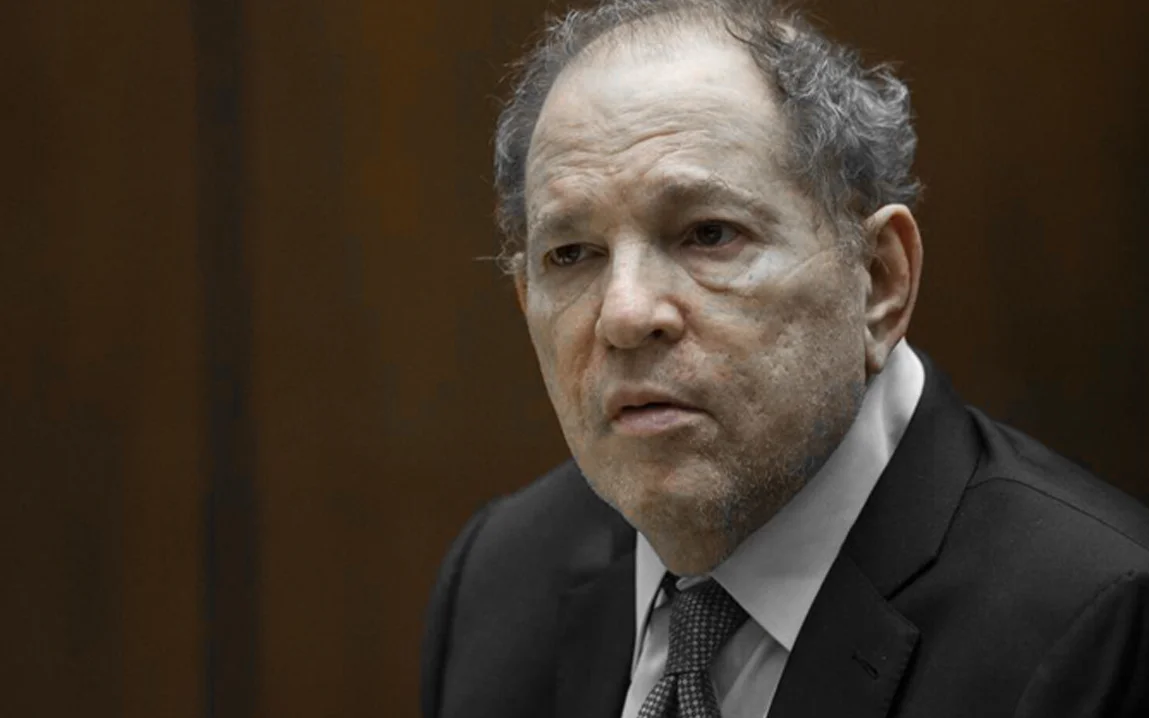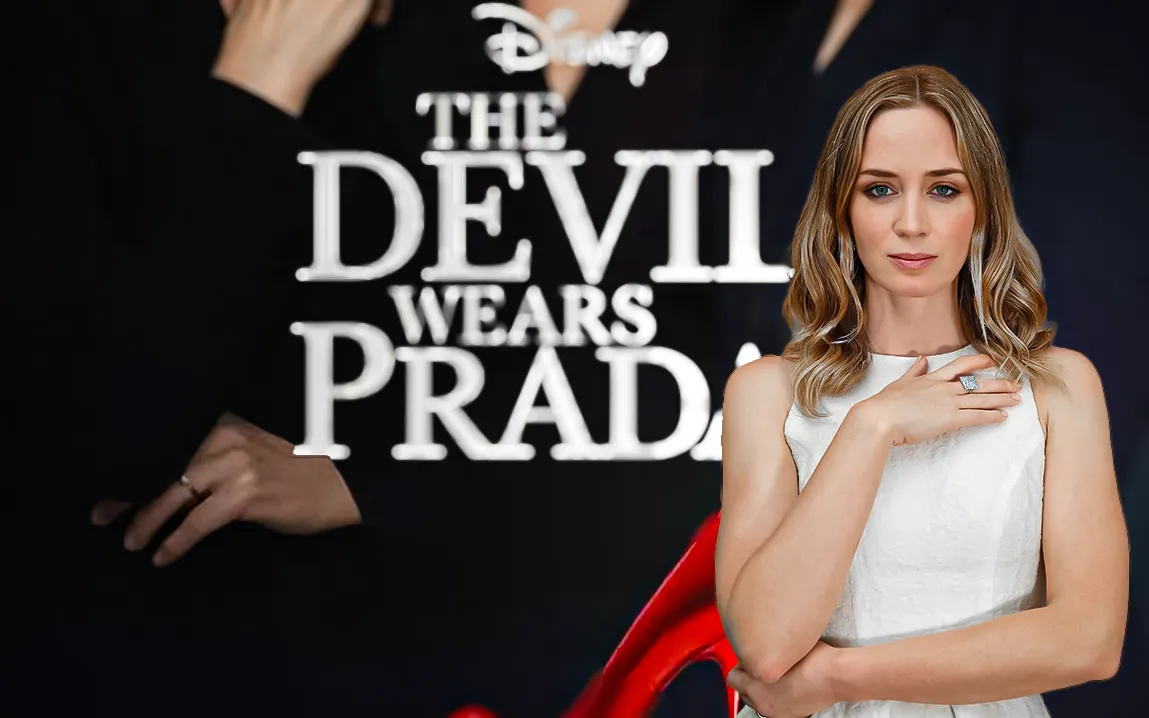Harvey Weinstein, the fallen film tycoon, has taken legal action against his brother, Bob Weinstein, and former business partners. He claims they tricked him into providing a personal guarantee for a $45 million loan in 2016. Harvey asserts that rather than using the money to help their struggling company, The Weinstein Company (TWC), the accused pocketed the funds for themselves. This, he argues, led to the company’s collapse and his own financial downfall.
Background of the Loan Agreement
TWC ran into big money troubles in 2016. Harvey Weinstein claims his brother Bob, David Glasser (who was the COO back then), and other bigwigs talked him into getting a $45 million loan from AI International Holdings. Harvey says they promised him this cash would steady the company’s finances and help it bounce back.
But the story doesn’t end there. Harvey’s now suing in the New York County Supreme Court. He’s saying the borrowed money got used for things it shouldn’t have, like personal bonuses and other money deals that had nothing to do with the company. He asserts that Bob took out at least $6 million under false pretenses, while Glasser approved $5 million in excessive bonuses and a $1 million payment to his father without a valid business reason.
Accusations of Disloyalty and Money Mishandling
Harvey Weinstein’s lawyers argue these actions broke the loan’s intended use and weakened his company’s position on purpose. The lawsuit claims Bob and the other defendants planned to push Harvey out of TWC, aiming to take control. Harvey says this alleged backstabbing played a big part in the company’s money troubles and bankruptcy in 2018.
Harvey shared his feelings of betrayal through his lawyer, Imran Ansari: “I was stunned to learn about the shady deals that happened after I left the company. I now think many of these executives had a hand in my downfall.”
Legal Consequences and Money Troubles
The money problems outlined in the lawsuit left TWC unable to pay its debts, including paying back the $45 million loan. Harvey claims that, because of “bad faith negotiations,” Bob and Glasser reached a settlement with AI International for about $15 million, which freed them from further liability. This deal left Harvey to bear the brunt of the remaining debt, which came to around $30 million plus interest.
When asked about these claims, Bob Weinstein’s lawyer, Brian Kohn, said, “Harvey’s allegations have no basis in fact.” Efforts to get a comment from David Glasser have not succeeded.
Harvey Weinstein’s Ongoing Legal Troubles
This lawsuit piles onto Harvey Weinstein’s many legal problems. He used to be a big name in Hollywood and started Miramax and TWC, which made praised movies like “Pulp Fiction” and … .” But his career fell apart in 2017 when many people accused him of sexual misconduct, putting him at the heart of the #MeToo movement.
In 2020, a New York court found Harvey guilty of rape and sexual assault. The judge handed down a 23-year jail term. But in 2024, the court threw out this verdict because of problems with the trial process. Now, he’s waiting to go back to court for a new trial. On top of that, a California court convicted him of different sexual assault charges in 2023.
Consequences of the Case
In addition to demanding compensatory and punitive damages for the alleged fraud and financial misconduct, the lawsuit against Bob Weinstein and the other former TWC executives aims to release Harvey from financial responsibility for the loan. This legal action demonstrates the intricate network of financial and personal disputes that led to TWC’s demise in addition to the internal conflict that afflicted the company.
The ongoing legal battles surrounding Harvey Weinstein’s criminal retrial and this new civil lawsuit provide a striking depiction of the once-dominant mogul’s precipitous decline from grace. The decisions made in these cases could have a long-term effect on all parties and shed more light on the complex relationships that ultimately caused The Weinstein Company to collapse.



